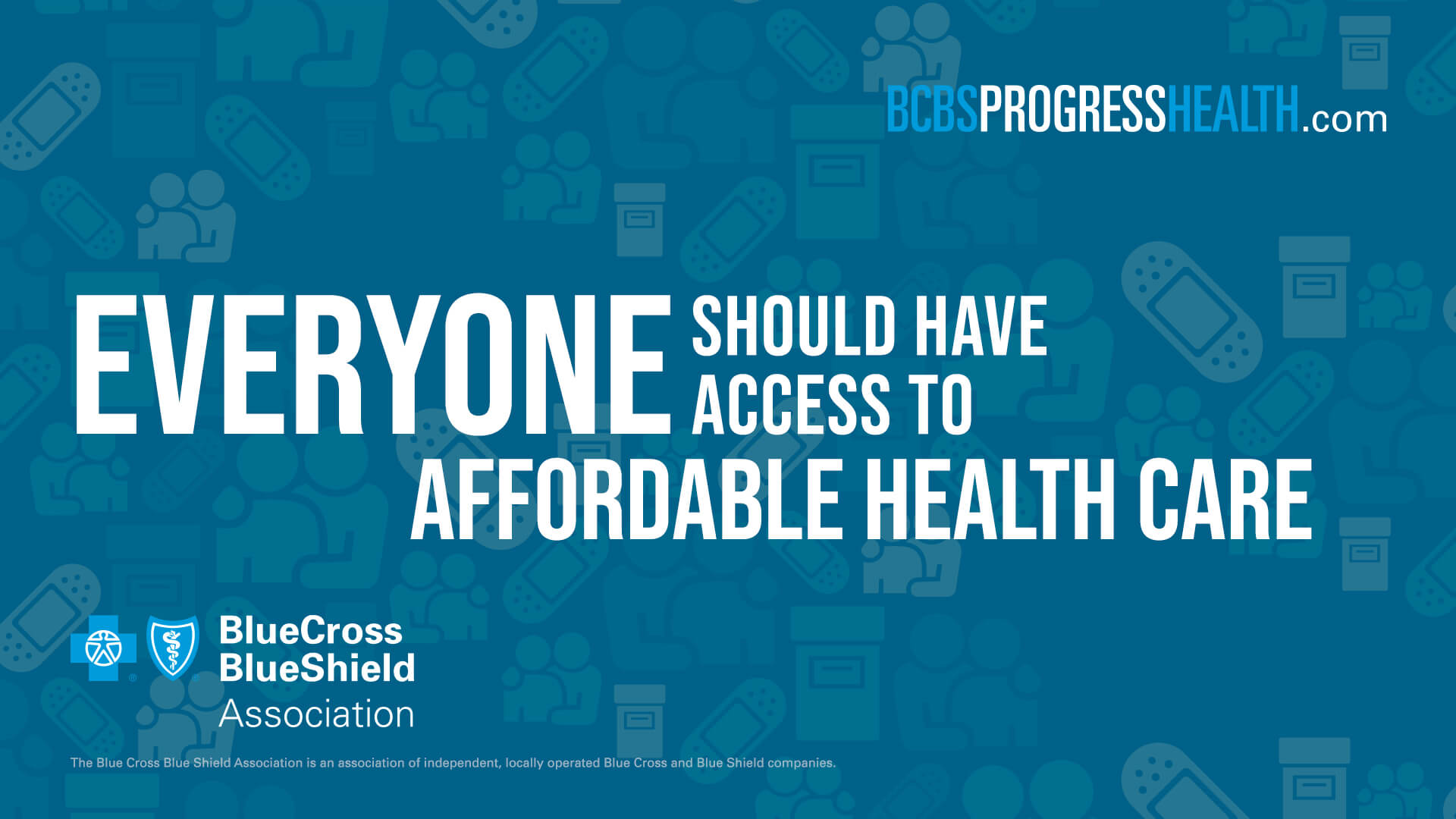| |
| |
| |
| Presented By Blue Cross Blue Shield Association |
| |
| Axios Vitals |
| By Tina Reed ·Oct 20, 2021 |
| 🛬 Good morning, Vitals readers. I'm back from Boston, where I was able to meet with a lot of health care folks in person. I highly recommend it. Today's newsletter is 1,017 words, or a 4-minute read. |
| |
| |
| 1 big thing: The global COVID vaccine gap |
 |
|
| Illustration: Shoshana Gordon/Axios |
| |
| Pressure is increasing on the Biden administration to close the coronavirus vaccine gap in low-income countries — and the Biden administration, in turn, is pushing Moderna to fill it, Axios' Caitlin Owens writes. Why it matters: Getting global vaccination rates as high as possible isn't just a humanitarian effort; it also reduces the risk of vaccine-resistant variants emerging. - But manufacturing setbacks and the prioritization of people in high-income countries have left the world facing a coronavirus vaccine deficit in the short term and inequities in the longer term.
What they're saying: "The right to make billions of dollars off of an essential medicine that was developed using government funds comes with the obligation to provide access and doses to people in low- and middle-income countries who can't afford it," a senior Biden administration official told Axios. - "That is exactly what we are doing with Covax. And bilateral partnership with middle and low income countries" like Botswana and Peru, Moderna CEO Stéphane Bancel told Axios in response.
- "And as we speak we are looking to add another [500 million] doses for mid and low income countries," he added.
The big picture: Nearly half of the world's population has received at least one dose, per NYT. - But more than three-quarters of doses were administered in high- or upper-middle-income countries.
- It's also become clear that some vaccines work better than others, specifically the Moderna and Pfizer mRNA shots, prompting concerns about low-income countries receiving less effective vaccines.
- Moderna — which received billions of dollars from the U.S. government — is facing particularly intense criticism for selling its vaccine nearly exclusively to rich countries.
Between the lines: The vaccine deficit will undoubtedly grow if manufacturers continue to miss production targets. - And the quality of vaccines matters. China has produced half of the global vaccine supply to date, but its vaccines aren't as effective as those made in the U.S. and Europe.
Read the full story. |
    |
| |
| |
| 2. Gates Foundation pledges $120M for COVID pills |
 |
|
| Illustration: Aïda Amer/Axios |
| |
| In light of the global vaccine gaps, the Bill & Melinda Gates Foundation announced today it will commit up to $120 million toward donating molnupiravir, an experimental antiviral COVID-19 treatment from Merck, Axios' Marisa Fernandez writes. Why it matters: The foundation and others see the antiviral pill's promising results against severe COVID-19 and easy distribution as a way to target countries with low vaccination rates. - The deal will move ahead once the drug is authorized by U.S. regulators, officials said.
- Merck last week submitted an application to the FDA for an emergency use authorization, which will be reviewed by the agency in late November.
Yes, but: It's unclear how much of the drug and its generics will be available by next year and whether raw materials to make the drug can sustain demand, per the New York Times. |
    |
| |
| |
| 3. Organ orgs accountability delayed |
 |
|
| Illustration: Sarah Grillo/Axios |
| |
| Lawmakers are worried that a new CMS rule aimed at holding organ procurement organizations accountable for poor performance for the first time will come too late for many Americans, Marisa writes. Why it matters: A growing number of Americans are in need of a heart, lung or kidney transplant, many due to COVID-related factors, which experts say may overwhelm the transplant system. Driving the news: Earlier this month, CMS released 2019 data showing more than half of the nation's 57 organ procurement organizations, or OPOs, are underperforming or failing. - Starting in 2022, all OPOs will be required for the first time to report performance metrics — how efficient their retrieval practices are — to CMS under a new rule.
But, but, but: Lawmakers and health care experts expressed concern that the accountability measures won't actually make a difference until 2026, when all 57 OPO contracts are up for recertification. Their contracts run every four years. - Two advisers on the House Committee on Oversight and Reform say CMS spoke to them about the topic but did not indicate that they had any plans to accelerate the recertification timeline.
- "This could literally be the difference in saving someone's life," an adviser tells Axios.
What they're saying: "CMS will continue to monitor OPO performance each year and use our existing enforcement mechanisms to assure that all OPOs are in compliance with the regulations," a CMS spokesperson tells Axios. |
    |
| |
| |
| A message from Blue Cross Blue Shield Association |
| Ensuring access to affordable health care |
| |
 |
| |
| Everyone should have access to affordable health care, no matter who you are, where you live or what your health condition may be. See how Blue Cross and Blue Shield companies are working to improve health and make care more equitable and affordable. |
| |
| |
| 4. Global device sales steady amid Delta variant |
| The Delta variant and hospital labor shortages didn't crush sales of medical devices, Axios' Bob Herman reports from Johnson & Johnson and Intuitive Surgical earnings reports. Why it matters: The resurgent coronavirus forced some hospitals and patients to delay care, like spine and knee procedures. But deferred care across the world was nothing like it was at this time last year. By the numbers: U.S. sales of Johnson & Johnson's orthopedic implants fell 4.5% in the third quarter compared with the same period last year, due to the country's surging virus spread, but globally all device sales for J&J were up 8%. - Similarly, Intuitive Surgical said the number of worldwide procedures performed with its da Vinci surgical robots increased 20% in the third quarter, which raised revenue by 30%.
|
    |
| |
| |
| 5. HLTH 2021 recap |
| Some quick takeaways from the HLTH 2021 conference: - 💻 COVID kept a lot of people home for the last 18 months — and as one hospital executive told me, it clearly also gave them a lot of time to be very productive when it came to emerging health tech.
- ⚡️ The biggest buzzwords were variations on the theme of "equity," "access", "social determinants" or "diversity." (As the leader of a health app company said: It gives one hope, "but we'll see.")
- 🔥 Everyone was talking about the panel that got spicy after Forward CEO Adrian Aoun, who called out primary care competitor One Medical.
- 🌝 There was a lot of "we've been cooped up way too long" energy. Attendees seemed genuinely stoked to see so many people in person after previously taking that for granted. It was refreshing.
|
    |
| |
| |
| 6. Catch up quick |
 |
|
| Photo: Steve Pfost/Newsday RM via Getty Images |
| |
- In secret vaccine contracts with governments, Pfizer took a hard line in push for profit, report says. (Washington Post)
- Children's mental health crisis a "national emergency," pediatric groups declare. (ABC News)
- Southwest opens a loophole in its vaccination policy. (Axios)
- The FDA wants you to be able to buy a hearing aid without a prescription. (NPR)
|
    |
| |
| |
| A message from Blue Cross Blue Shield Association |
| Making health coverage more affordable |
| |
 |
| |
| Enhanced premium assistance that makes health care coverage more affordable will end in 2022. See how Congress can help millions of middle class families by expanding access, reducing costs and making health care more equitable for everyone. |
| |
| 📫 Do you enjoy this newsletter? Share it with your friends and family! |
 | | It'll help you deliver employee communications more effectively. | | |









No comments:
Post a Comment